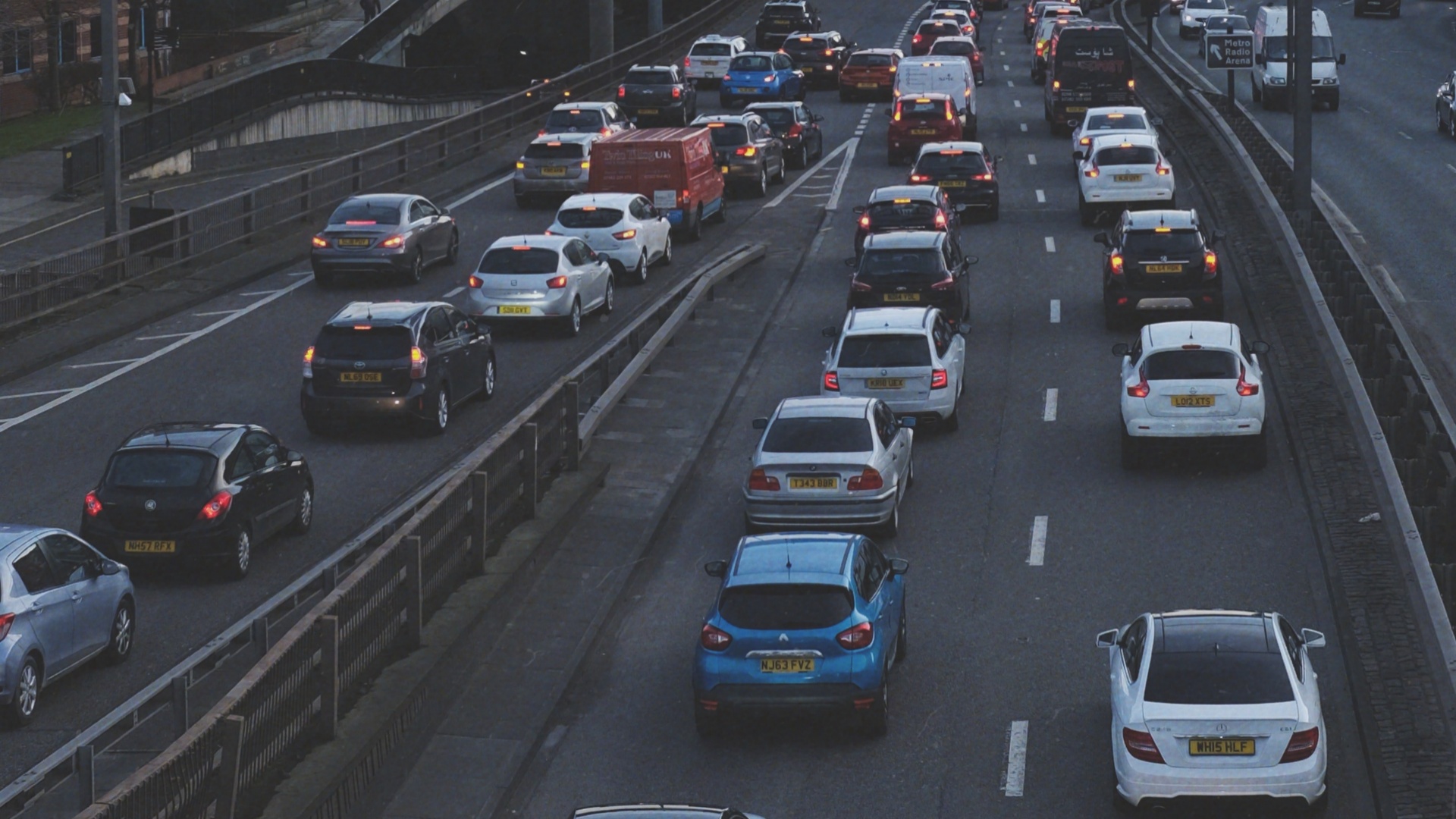While many a carmaker is pushing ahead with respective plans as regards autonomous vehicles, there are still many unanswered questions when it comes to self-driving cars, with the biggest being what happens when they are in an accident.
As we have seen in recent years, especially in the case of Tesla, these accidents can prove fatal and it begs the question as to who is liable in such an instance.
Hoping to dispel any misunderstanding, as well as push ahead with its own 2025 plan to have more autonomous vehicles on its roads, UK lawmakers have outlined some of the actions that an owner of a self-driving car is responsible for.
“The government is today consulting on a ‘safety ambition’ for self-driving vehicles to be as safe as a competent and careful human driver. This ambition would inform standards that vehicles need to meet to be allowed to ‘self-drive’ on the roads, and organisations, such as manufacturers, could face sanctions if standards are not met,” the UK lawmakers explained in am official press statement.
“The new laws for the safe rollout of self-driving vehicles by 2025 will be brought forward when parliamentary time allows. The legislation will build on existing laws, and state that manufacturers are responsible for the vehicle’s actions when self-driving, meaning a human driver would not be liable for incidents related to driving while the vehicle is in control of driving,” it added.
The aforementioned consultation is still ongoing, so it remains to be seen what steps or measures will be put in place to ensure that autonomous vehicles are indeed as safe as their human counterparts.
While we await word on that front, one measure could be to make sleeping behind the wheel of a self-driving car illegal, with many a carmaker eulogising the fact that drivers could do other tasks while the autonomous system is at work.
“It is still quite a big leap from assisted driving, where the driver is still in control, to self-driving, where the car takes control. It is important that the government does study how these vehicles would interact with other road users on different roads and changing weather conditions,” the AA’s UK president, Edmund King, advised on the government’s statement.
“However the ultimate prize, in terms of saving thousands of lives and improving the mobility of the elderly and the less mobile, is well worth pursuing,” he concluded.
With the UK pushing for a 2025 timeframe, we hope no steps are missed in bringing more autonomous vehicles onto the roads.
[Image – Photo by Quaid Lagan on Unsplash]

